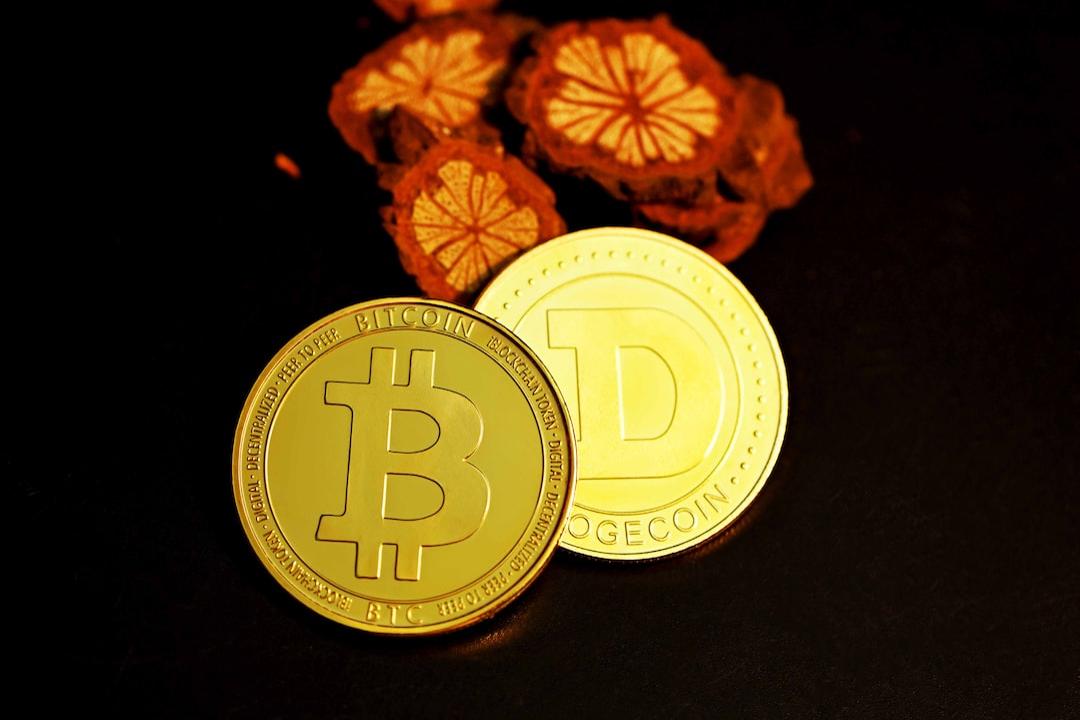From May 9th to May 10th, the Bitcoin Asia conference was held in Hong Kong, attracting industry leaders who freely expressed their views. Among them, Han Tongli, CEO of China Asset Management, discussed the possibility of including BTC and ETH ETFs in the ETF Connect program. The ETF Connect program is part of the broader “Stock Connect” initiative launched in 2014, which aims to connect the stock exchanges in Hong Kong and mainland China.
This news is quite exciting, as it means that mainland residents may be able to invest in BTC and ETH ETFs. Han Tongli further stated, “As long as everything goes smoothly in the next two years, we do not rule out the possibility of applying to include our ETFs in the Connect program.”
This raises the question for many people in mainland China: why does it take two more years for this plan to be realized? The reason is that there are still some obstacles to overcome in the path mentioned by Han Tongli. The main obstacles are as follows.
What is Stock Connect?
Stock Connect refers to a trading and settlement mechanism established between different countries and regions’ securities markets, which allows investors to directly invest in stocks or other securities products of the counterpart market through their local market. The stock connect program between mainland China and Hong Kong mainly includes the Shanghai-Hong Kong Stock Connect and the Shenzhen-Hong Kong Stock Connect:
1. Shanghai-Hong Kong Stock Connect: Launched on November 17, 2014, it allows investors from the Shanghai Stock Exchange (SSE) and the Hong Kong Stock Exchange (HKEX) to trade stocks in the counterpart market through their respective trading and settlement systems.
2. Shenzhen-Hong Kong Stock Connect: Launched on December 5, 2016, it expands the scope of the Connect program by including the Shenzhen Stock Exchange (SZSE), further increasing the types of tradable stocks for investors.
On July 4, 2022, the ETF Connect officially launched, allowing eligible mainland and Hong Kong investors to cross-border invest in each other’s ETF products. The depositary receipt business is also part of the Connect mechanism, allowing overseas companies to list on the counterpart market by issuing depositary receipts (CDRs or GDRs), thereby achieving cross-border financing and investment.
In short, the Stock Connect program is an important measure for opening up China’s capital markets to the outside world. However, the opening-up of mainland China’s capital markets has always been a cautious process, so it can be seen that the tradable assets in the Stock Connect program have strict conditions. For example, stocks usually need to be constituents of the main indexes in both markets and meet certain criteria such as market value and liquidity.
Regarding ETFs, there are various requirements that need to be met for Hong Kong’s BTC and ETH ETFs to become tradable assets, as shown in the image above. However, the current BTC and ETH ETFs in Hong Kong do not meet the requirements in terms of asset management scale, listing time, and index constituents.
We always look at issues from a developmental perspective, so there will eventually be no problem with listing time and asset management scale. However, there is an obstacle regarding the index constituents. Currently, the constituents of ETFs in the Connect program need to be primarily Hong Kong stocks. However, BTC and ETH ETFs are virtual asset ETFs, and they do not meet the requirement of having Hong Kong stocks as the main constituents. To overcome this obstacle, it requires specific approval and rule-making from regulatory authorities for such products. This will rely on the efforts of excellent securities firms represented by China Asset Management. With the current trend of Web3 in Hong Kong, it is predicted that there will not be significant obstacles on the Hong Kong side, but the pressure will be on mainland China.
Is it allowed by mainland regulatory policies?
For mainland retail investors, trading cryptocurrencies has never been explicitly prohibited. If the total assets of their securities account and fund account are not less than RMB 500,000, which meets the conditions for opening the Shanghai-Hong Kong Stock Connect and Shenzhen-Hong Kong Stock Connect, purchasing BTC and ETH ETFs through the Connect program can be a hassle-free investment option.
However, to implement the plan of opening BTC and ETH ETFs for trading in mainland China, there will be significant pressure on financial institutions represented by securities firms. The “Announcement of the People’s Bank of China and Other Seven Departments on Preventing the Risks of Token Issuance Financing” (Announcement 94) and the “Notice on Further Preventing and Dealing with the Risks of Virtual Currency Trading Speculation” (Notice 924) clearly state that financial institutions are not allowed to provide services for virtual currency-related business activities. Financial institutions are prohibited from providing services such as account opening, fund transfer, and settlement for virtual currency-related business activities. Virtual currencies are not allowed to be included in the scope of collateral, and insurance businesses related to virtual currencies or including virtual currencies in the scope of insurance liability are also prohibited.
In other words, if mainland securities firms provide purchasing services for BTC and ETH ETFs to mainland retail investors, it will clearly violate Announcement 94 and Notice 924.
Summary
Announcement 94 and Notice 924 are policy regulations. Announcement 94 was issued in 2017, and Notice 924 was issued in 2021, so there has been some time since their issuance. Policy regulations are always subject to change, just like the property purchase restrictions. It is difficult to predict how policies will change in the future, but in the process of historical development, we can see some unstoppable trends. The current trends are inevitably far from the current situation, and how these gaps will gradually narrow in what form and at what point in time, no one knows, but many people are working towards it.

